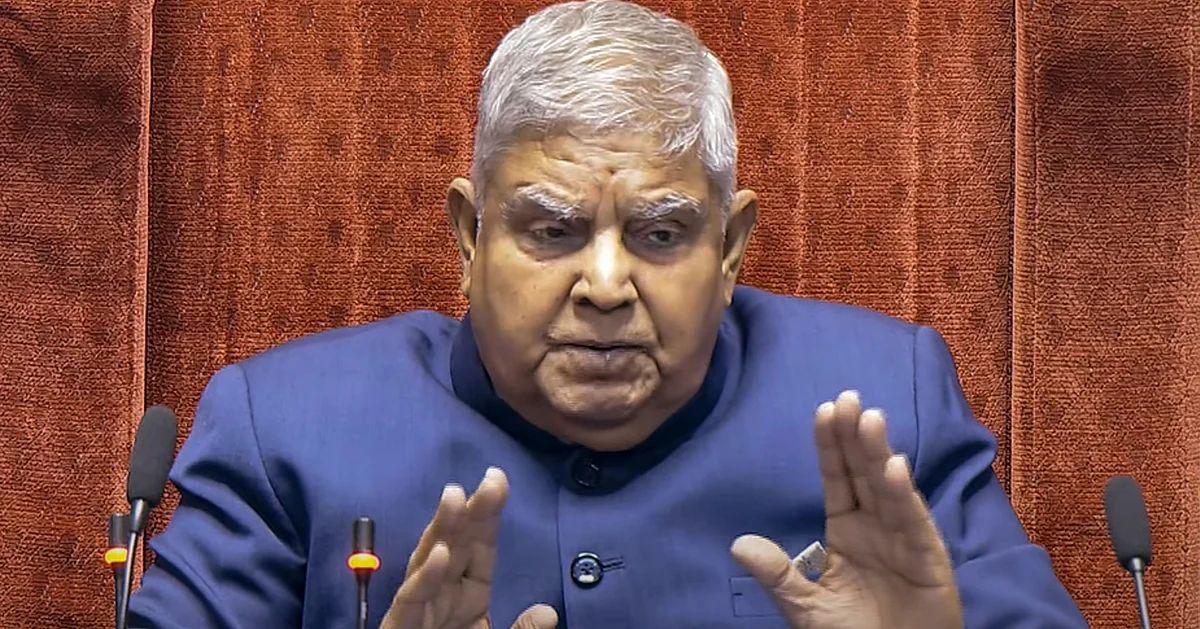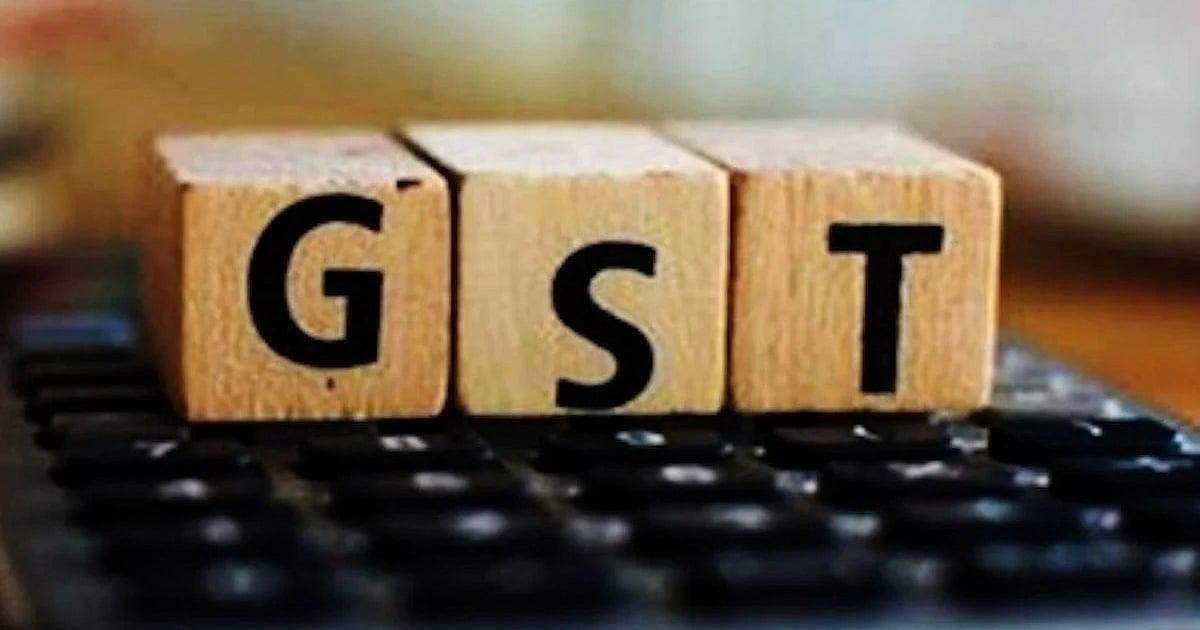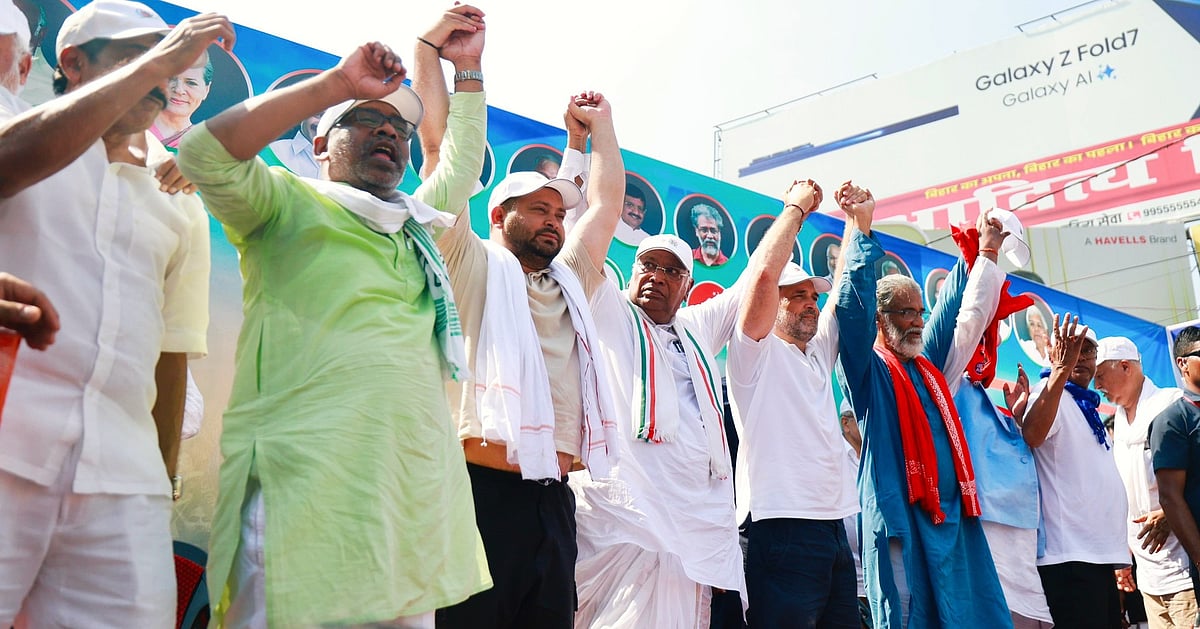National News
Why Rajasthan and Jat are indifferent to the resignation of Dhakhar

Dhankhar, Chaudhary, says, before joining the BJP, he had shifted from the Janata Dal to the Congress, where he had to wait for 21 years before obtaining any concrete post – until he became the Governor of West Bengal.
He won only two elections in his long political career, which includes the Lok Sabha as a Dalit candidate and later, as a Congress candidate in the state assembly. In 1998, in the election from Jhunjhunu to the Lok Sabha, he lost his deposit. He is actually lost in the Lok Sabha elections twice.
Dhankhar, Chaudhary says, was never accepted as the leader of the Jat community. He could not achieve the height of height like Nathuram Mirda, Ram Nadi Mirda, Chaudhary Kumbha Ram Arya, Parasram Madarana and Daulat Ram Saran. Even after being elected vice -president of India, he never received the honor of such state leaders command, he said.
For the last five years, the State Congress President Govind Singh Dotasara, however, realizes that his caste was definitely a major idea for the BJP who first appointed him as a governor and then as the Vice President. The idea was to promote JAT representation and pride in Rajasthan, Haryana and western Uttar Pradesh.
However, once the BJP realized his utility began to decrease that they no longer enjoyed standing in the community as before. The BJP died when the BJP lost six Lok Sabha seats in Sikar, Jhunjhunu, Churu, Bermer and Nagaur seats – all Jat strongholds.
When Dhankhar started working independently, it was the last straw, says Dotasara.
National News
Why Consensus Center depends on compensation states

As the GST Council calls for a two -day meeting tomorrow, the fastest point of the dispute will not be the Prime Minister’s Diwali deadline for the “next generation” reforms, but the question of how the states will be compensated for the proposed comprehensive changes.
Improvements may be promised to simplify the tax structure and low rates on essential commodities and services, but state governments are afraid that they will have to struggle with lack of adequate revenue.
At the center of the case, Prime Minister Narendra Modi’s commitment to start a new GST regime by 2025. The proposed overhaul includes compressing the current four-level structure in two major slabs of 5 percent and 18 percent while maintaining exemption on essential food, medicines and education.
In addition, a high 40 percent rate is to be planted on sin and luxury goods, which covers items such as alcohol, tobacco and cigarettes. While the Center frames the move as a “Diwali gift” to reduce prices to consumers and MSMEs and simplify compliance, states have argued that the actual cost will be borne by them.
Many items are expected to shift up to 12 percent from slabs to 5 percent and 28 percent from slab to 18 percent, state governments will come for sharp contractions in tax receipts.
Opposition ruled states, including Kerala, Karnataka, Tamil Nadu, West Bengal, Punjab, Jharkhand, Telangana and Himachal Pradesh, have warned that the proposed rationalization can strip between Rs 85,000 crore and Rs 2 lakh crore annually from their treasures.
These estimates are for 15-20 percent erosion of their GST revenue base. Telangana alone suffers a loss of Rs 7,000 crore.
The compensation end of compensation cess in March 2026 has intensified the demands for an alternative mechanism. Using 2024–25 as the state base year, the minimum five-year-old compensation are pressurizing for guarantee, and the protection of at least 14 percent revenue increase per year that reflects the conditions in the first five years of GST.
Without such security, finance ministers have warned that important welfare schemes, infrastructure projects and development expenses will be compromised.
National News
SC Udaipur declines to cancel the bail of co-accused in the murder case of tailor

The Supreme Court rejected the appeal by the son of National Investigation Agency (NIA) and Udaipur tailor Kanhaiya Lal on Tuesday, September 2,, demanding the bail given to one of the accused in the 2022 murder case.
A bench, including Justices MM Sundaresh and Satish Chandra Sharma, refused to intervene in the earlier decision of the Rajasthan High Court, granted bail to Mohammad Javed, who was one of the many people involved in the murder.
The apex court was hearing an appeal filed against an order passed by Nia and Yash Teli, Lal’s son, Rajasthan High Court to bail Javed.
Looking for Teli, the lawyer argued that Javed played an important role in the conspiracy, alleging that he had closed the main attackers about Lal’s location and movements.
The petition stated: “The murder was done in a communally surcharge atmosphere across the country.” This further alleged: “The chief accused had gathered himself, prepared to kill, collected weapons, resumed and imposed Javed to inform about the deceased’s hideout.”
Describing the sequence of murder, it claimed: “On a terrible date, he entered the tailor shop, disguised as customers and while the deceased was taking his size, the accused put a camera, shouted a communal slogan, attacked and killed the deceased.”
The NIA, while supporting the petition, said that Javed worked in a neighbor’s shop and provided information about red hideout on the day of crime.
Despite these presentations, the apex court opted not to interfere with the bail given by the High Court.
National News
Claiming a ‘hydrogen bomb’ and other takeaways from a remarkable journey

Gandhi reiterated the allegations of “rigging of industrial-mamane” in the 2019 Maharashtra assembly elections, accusing the Election Commission (ECI) of India to help the BJP to help in elections later.
Political observers in Patna believe that the Congress campaign has ignored the BJP. However, BJP leader and Patna Sahib MP Ravi Shankar Prasad dismissed Gandhi’s remarks as “irresponsible”, saying, “Whenever I listen to Rahul Gandhi, inside or out of Parliament, takes time to understand what he is trying to say.
Gandhi’s Pinpoint allegations and a large -scale mob in their voter Adikar Yatra meetings in front of the mob, however, such a thing looks rapidly irrelevant and clear. In the post-7 August press conference, not a single point-by-point rebellion of his allegations has come from either BJP or ECI.
The ECI has only denied Gandhi’s allegations. On August 14, it called Mahadevpura to Gandhi’s claims about “false and misleading”. Earlier in February, the ECI described it as “efforts to disappoint parties” as “completely absurd” by the ECI “disappointed with the poll results”.
Widely criticized and at the press conference, Chief Election Commissioner Gyanesh Kumar dramatically announced that Gandhi either would have to prove his allegations or apologize to the nation “. Since then a fortnight has passed. Kumar is still waiting for the evidence that Gandhi has already presented.
-

 IPL3 months ago
IPL3 months ago‘Any nahhi numba hai’: Furious MS Dhoni loses cool, CSK shouts at players – Watch. Cricket news
-

 Sports3 months ago
Sports3 months ago‘Is MS Dhoni fit or not?’ Cricket news
-

 IPL3 months ago
IPL3 months agoExplained: Why Punjab Kings will get two opportunities to reach IPL 2025 final
-

 IPL3 months ago
IPL3 months agoAnil Kumbal on Shubman Gill: ‘Captaining India is different from the captaincy of a franchise’. Cricket news
-

 IPL3 months ago
IPL3 months agoIPL 2025: Hardik Pandya hit the unique ‘Triple Century’ in T20S.
-

 IPL3 months ago
IPL3 months ago‘No, you can’t take it …’: Shreyas Iyer’s bold statement. Cricket news
-

 National News3 months ago
National News3 months agoIndian Youth Congress started fellowship program for young lawyers
-

 Sports3 months ago
Sports3 months agoHow Rohit Sharma’s bad form with BAT is damaging Mumbai Indians’ IPL 2025 campaign
